When buying a property, there is always more to consider than initially meets the eye. In London, for example, it is important to establish early on whether the property is being sold as a freehold, with a share of the freehold or as a leasehold.
Flats are generally leasehold or share of freehold and houses are freehold, but not always, so do check as it can make a big difference to both the value of the property and the costs involved after you’ve bought it. Here's what the three terms mean:
Freehold
If you buy the freehold you will own both the property and the land it stands on outright. This can be more straightforward than either of the other two options but it does mean you’re responsible for the building’s maintenance and any associated costs.
Share of freehold
Properties sold with a share of the freehold (or a leasehold) are generally those which share the same plot: houses converted into flats or purpose-built apartments. These arrangements are in place because the properties share the same land, external walls and roof so someone must be responsible for maintaining them. This will fall to the freeholder and owning a share of the freehold, generally the case with smaller blocks, splits this responsibility and gives a little more control over the property.
Having a share of the freehold requires the owners to look after the building’s maintenance together. A managing agent is often hired, or an individual flat owner is appointed, to oversee the maintenance, though the former will, of course, incur costs.
Leasehold
Owning a leasehold effectively buys the right to use the property for a number of years on a lease which, when it runs out, will revert to the freeholder. You will usually pay an annual ‘ground rent’ to the freeholder and a service charge, which covers the costs of maintenance, buildings insurance and other administration.
Leases usually start at around 90 or 125 years, though in new properties they are often 999 years. The value of the leasehold (and with it the flat’s value) will lessen as the number of years decreases. At a high number of years it will make little difference, but once the lease drops below 90 years, every year counts.
Leases can be extended at a cost, dependent on the number of years left, and to do this you must obtain permission from the freeholder. I would recommend seeking advice from your agent if you own or are planning to buy a property with a short lease as they can advise on the cost and associated value of a lease extension.
Further information
View all available properties for sale
(1).jpg)
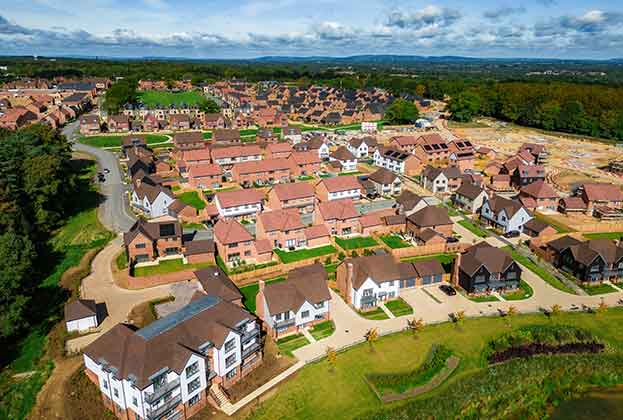
(2).jpg)
.jpg)
.jpg)
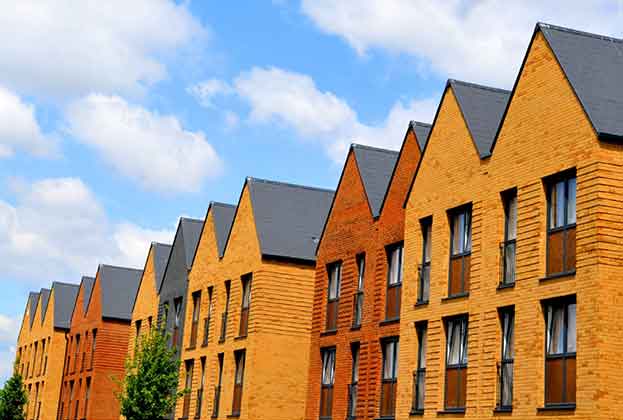
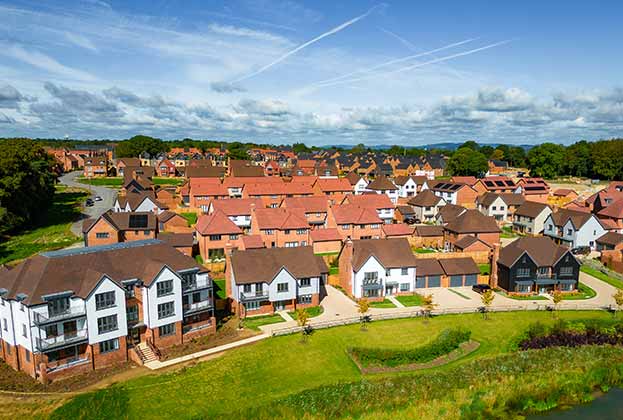
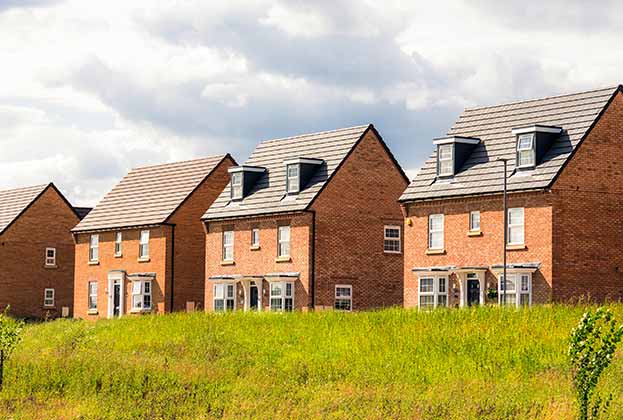
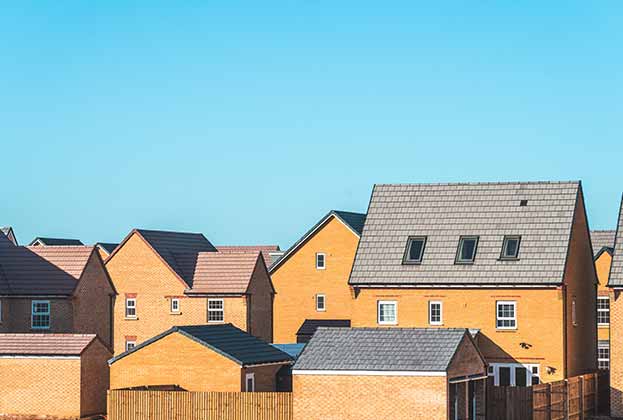
.jpg)
.jpg)